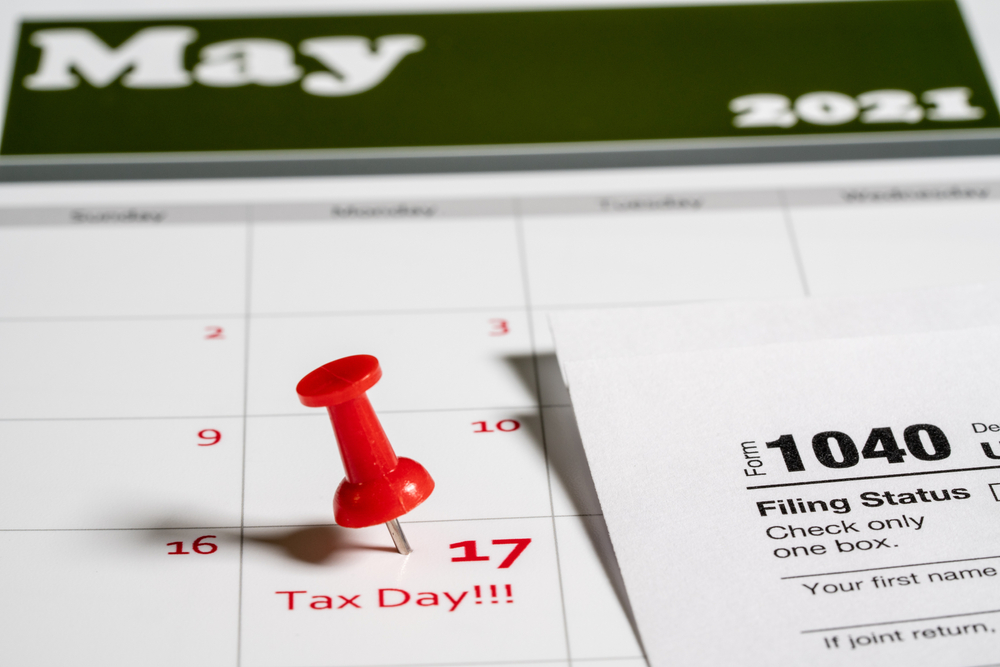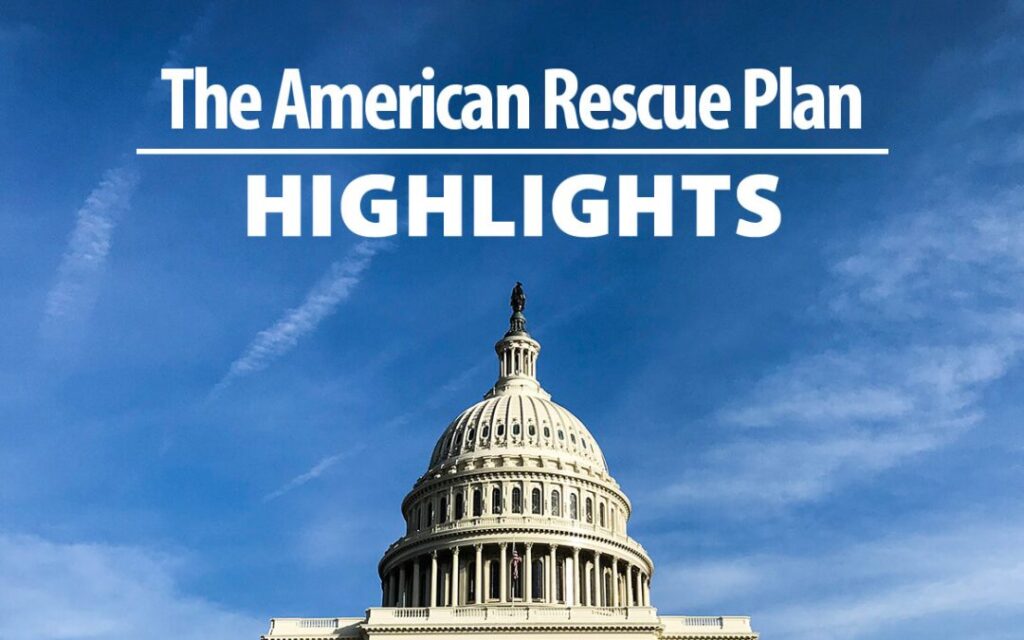
On May 1st and 2nd, the Jerry Loyola Foundation held its eleventh annual “Battle for the Belt” fundraiser at Spring Hills Golf Course. The foundation’s mission is to provide financial assistance to families battling cancer and to support junior golf. It serves to honor the memory of Jerry Loyola, a skilled young golfer who lost his battle with cancer in 2009 at the age of 24. Wheeler Accountants LLP provides tax preparation services for the foundation and is recognized as a major sponsor.
Dennis Campbell represented the Wheeler Team once more this year, participating alongside fifty-seven other entrants; nineteen in the scratch division, thirteen in the senior scratch division (players 55 years of age or older) and twenty-five in the net division. Greg Auer was the winner of the scratch division, taking the belt with an eleven under par total of 131 and defeating the runner up by thirteen strokes! Steve Perez won the senior scratch division with a two day total of 159 strokes, and Roy Ramirez took the handicapped division with a net total of 137.
Going forward, the tournament directors seek to affiliate with the Northern California Golf Association, and plan for two events each year. The scramble tournament will take place in August and will be the major fund raiser, while the individual golf tournament for the coveted belts will take place each summer. Participating in these events is a great way to honor Jerry’s memory and support a meaningful cause.
Congratulations to all who participated!







